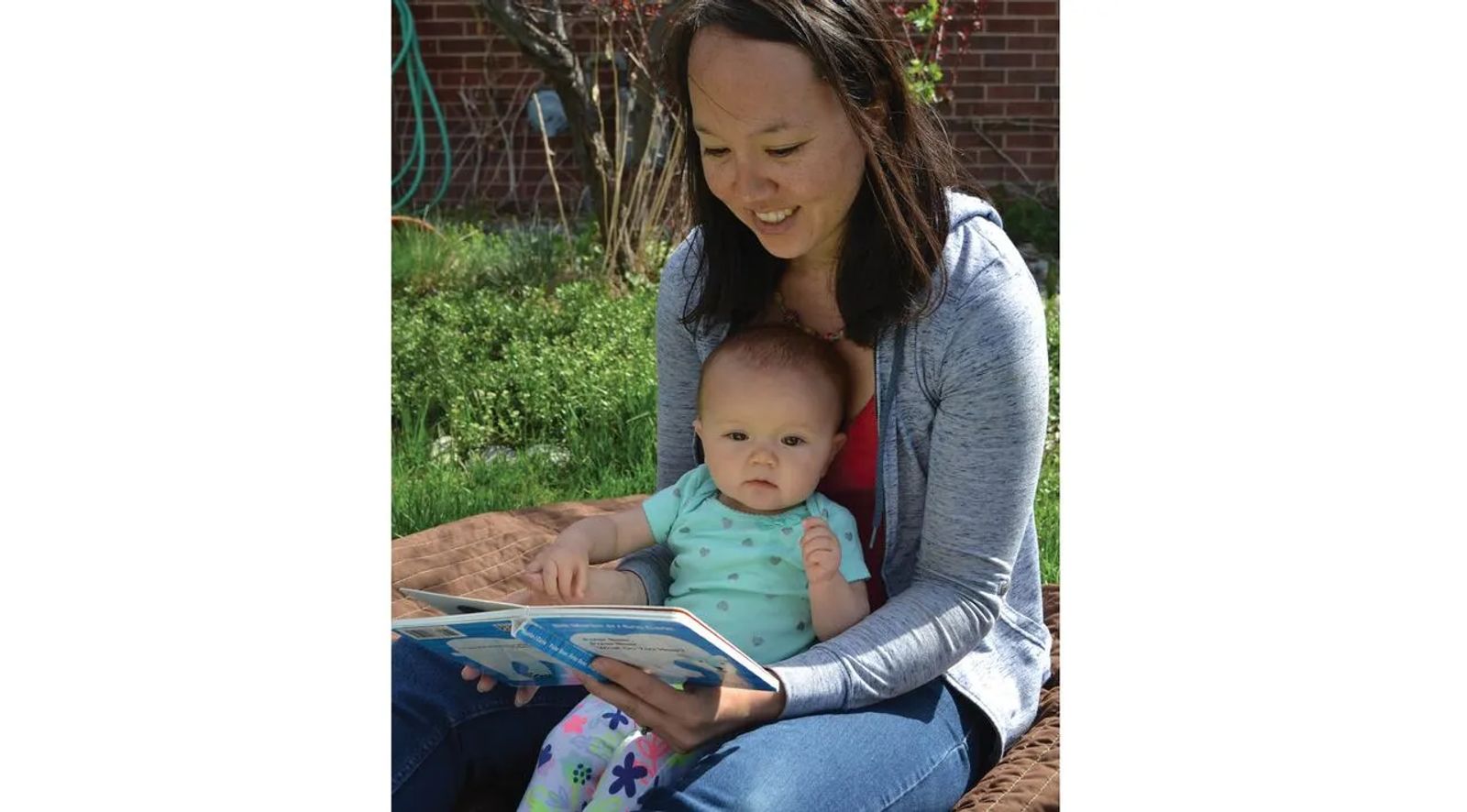
Benefits of being verbally communicative with baby
Babies are precious, resilient creatures. They enter this world entirely dependent with little ability to communicate what they want or need to those around them. They coo, make faces, cry, nuzzle, or reach out to convey their desires. As parents, caregivers, or loved ones, it's easy to see these non-verbal cues and think that baby isn't ready for vocal communication. However, talking, singing, and reading to your baby from birth has countless benefits, and that little bundle of joy is soaking up more than you think.Verbal communication with your new child will be one-sided at first, but you will reap many benefits. Communication helps you to bond with baby, as he or she recognizes your voice, learns to read your emotions from your tone, and is calmed by familiar sounds or phrases. Baby is also a sponge for knowledge, soaking in the rhythms, tones, inflections, and sounds. Research shows that reading to children as newborns yields stronger vocabulary and mathematical skills.
Audibly communicating with your baby can be a part of everyday life. Here are some tips for working in more verbal communication with your little one.
Narrate Your Day
Babbling to your baby while you nurse, play, and even do chores around the house is a simple way to work in lots of oral learning. Narrating current and upcoming activities can also help mentally and emotionally prepare baby for what’s coming next. For example, letting your child know "soon we are going to take a bath" gives them an idea of what to expect. Use inflection in your voice to excite, soothe, or engage your baby.
Read Together
It's never too soon to start reading to your baby. Snuggle up together and dive into some books to engage your little one visually and audibly. At an early age, it is great to select books with fun illustrations, touch and feel textures, and lots of rhymes and alliteration. Feel free to mix in some adult reading too, such as news and novels, since newborns can't understand your words yet, but still learn and grow from hearing your voice.
Songs & Rhymes
Singing to your baby is one of the best soothing techniques out there. This age-old practice really works, as your little one is familiar with your voice and finds peace in the calming melodies. Practice singing the same song for different activities or times of day, during bedtime or other transitions. Babies will start to recognize rhythms and rhymes over time, and their familiarity can evoke emotion, like smiling and kicking with joy. Singing is also a perfect activity for older siblings to engage and bond with baby.
Verbalize Your Response
Responding with words to a new baby can feel silly, but it's a huge factor in strengthening communication between the two of you. Since crying is one of baby's primary means of communication, respond to their cries aloud. "Looks like you need a new diaper! Let's get you all clean and dry." "Are you getting hungry? Let's settle down to nurse." Pairing a verbal response to an action will help your child grasp language more quickly, and reinforce that you are there to meet their needs.
By introducing speech, songs, and stories to your baby from the beginning of their precious life, you are sure to create a strong bond and solid foundation for a bright future!
